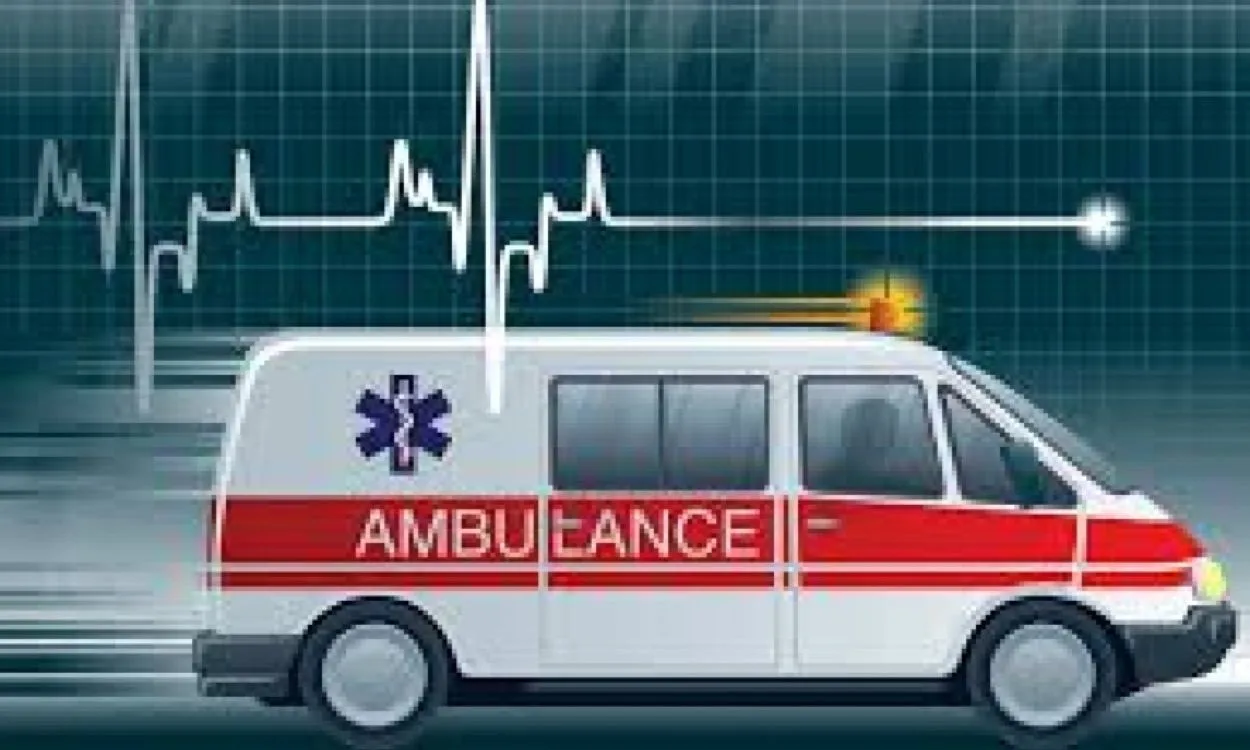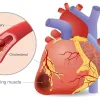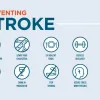Act Fast: Your Guide to Surviving a Heart Attack
Introduction:
A heart attack is a serious medical emergency that requires immediate attention. Knowing what to do in such a situation can significantly increase your chances of survival. This article will guide you through the steps you should take if you experience a heart attack. Remember, time is of the essence, so act fast to protect your health and well-being.
Understanding Heart Attacks:
A heart attack occurs when the blood flow to the heart is blocked, usually by a blood clot. This can lead to damage or death of the heart muscle. The symptoms of a heart attack can vary from person to person, but common signs include:
1. Chest pain or discomfort: This can feel like pressure, tightness, fullness, or a squeezing sensation in the center of the chest. The pain may last for a few minutes or come and go.
2. Pain or discomfort in other areas: The pain may radiate to the arms (usually the left arm), back, neck, jaw, or stomach. Some people may experience only mild pain or discomfort, while others may have intense pain.
3. Shortness of breath: Difficulty breathing or feeling breathless can occur during a heart attack.
4. Cold sweat, nausea, lightheadedness: These symptoms may accompany a heart attack, particularly in women.
5. Fatigue: Unusual tiredness or a feeling of extreme exhaustion can be a sign of a heart attack.
What to Do in Case of a Heart Attack:
1. Call for emergency medical assistance: Dial the emergency helpline number (such as 108) immediately and inform them that you are experiencing a heart attack. Do not delay seeking medical help.
2. Take prescribed medications: If you have been prescribed medications like aspirin or nitroglycerin by your doctor, take them as directed while waiting for help to arrive. These medications can help improve blood flow and reduce damage to the heart.
3. Stay calm and rest: Sit down, stay calm, and try to rest while waiting for medical assistance. Avoid any physical activity or exertion that could strain your heart further.
4. Chewing or swallowing aspirin: If you have not been prescribed aspirin but have it readily available, and you are not allergic to it, you can chew and swallow a regular aspirin (300 mg) to help thin the blood and improve blood flow.
5. Inform those around you: If you are not alone, inform someone near you about your condition, so they can provide support and help when needed.
Preventing Heart Attacks:
While it’s crucial to know what to do during a heart attack, it’s equally important to adopt a heart-healthy lifestyle to prevent one from occurring in the first place. Here are some tips to keep your heart healthy:
1. Maintain a balanced diet: Consume a diet rich in fruits, vegetables, whole grains, lean proteins, and healthy fats. Limit your intake of processed foods, saturated fats, and added sugars.
2. Engage in regular physical activity: Aim for at least 150 minutes of moderate aerobic exercise or 75 minutes of vigorous exercise every week. Incorporate activities like brisk walking, cycling, swimming, or dancing into your routine.
3. Quit smoking: Smoking damages your blood vessels and increases the risk of heart disease. Seek support from healthcare professionals to quit smoking.
4. Manage stress: Practice stress management techniques such as deep breathing exercises, meditation, yoga, or engaging in hobbies that help you relax.
5. Monitor your blood pressure and cholesterol levels: Get regular check-ups to monitor your blood pressure and cholesterol levels. Follow your doctor’s advice regarding medication if needed.
6. Maintain a healthy weight: Aim for a healthy body weight by following a balanced diet and staying physically active.
Fitpaa App: Your Path to Heart Health:
If you’re looking for comprehensive support in achieving your heart health goals, consider downloading the Fitpaa app. Fitpaa is an AI-driven Metabolism monitoring and management technology that can help you optimize your overall health and fitness.
With Fitpaa, you’ll have access to a personalized Fitpaa Capsule, consisting of medical therapy, exercise therapy, nutrition therapy, and cognitive behavior therapy. This holistic approach is designed to optimize your metabolism, burn unhealthy fat, and regulate various hormones.
Fitpaa’s mobile app provides a range of tools and features to make following your Fitpaa Capsule easy and enjoyable. From virtual workout trainers to diet trackers and progress tracking, the app offers everything you need to stay on track towards your heart health goals.
Conclusion:
Experiencing a heart attack is a frightening experience, but knowing what to do can save your life. Act fast by calling for emergency medical assistance and taking prescribed medications while waiting for help to arrive. Remember to adopt a heart-healthy lifestyle to prevent heart attacks in the long run.
If you’re ready to embark on a journey towards optimal heart health, consider downloading the Fitpaa app. Your well-being is Fitpaa’s mission, and their comprehensive approach to metabolism monitoring and management can help you achieve your heart health goals with guaranteed results. Don’t wait, take charge of your heart health today!









